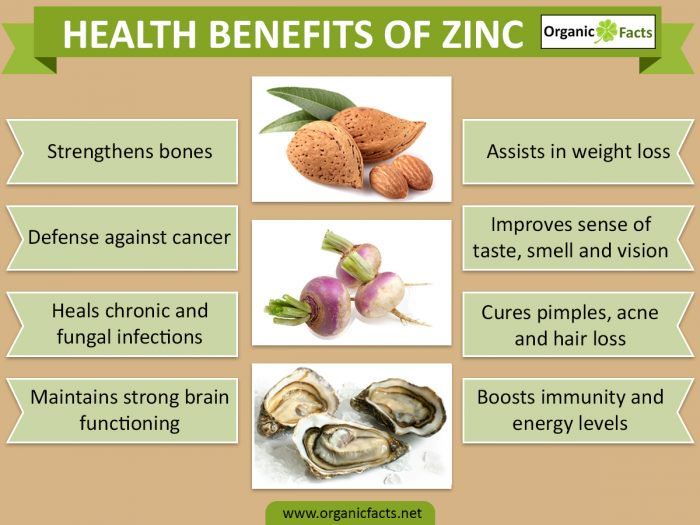The Power, What Are the Benefits of Zinc?
Significance of Zinc in Nutrition
In the realm of nutrition, zinc emerges as a powerhouse mineral with multifaceted benefits for the human body. From immune system fortification to skin health and cognitive function, the importance of zinc cannot be overstated. As we embark on this journey, we aim to unravel the mysteries surrounding zinc and explore the tangible advantages it offers.

Understanding the Curiosity
Amidst the sea of nutritional inquiries, one question stands out: “What are the benefits of zinc?” This curiosity is well-founded, considering the pivotal role zinc plays in supporting various physiological functions. In this comprehensive guide, we delve into the science behind zinc’s impact on health, addressing the queries and providing insights that empower you to harness the benefits of this essential mineral.
Zinc and Immune System Health
Strengthening the Body’s Defense
Zinc stands as a stalwart guardian of the immune system, actively contributing to its robust functionality. Numerous studies highlight the pivotal role zinc plays in the production and activation of immune cells, underscoring its significance in the body’s defense against infections and illnesses.
Natural Language Processing in Immune Health
To decipher the intricate relationship between zinc and immune health, we turn to the power of Natural Language Processing (NLP). Analyzing scientific studies through NLP techniques unveils patterns, symptoms, and correlations related to zinc deficiency and immune system responses. This nuanced approach enhances our understanding and provides actionable insights.
Zinc and Skin Health
Unveiling the Glow: Zinc and Skin Benefits
Beyond its immune-boosting prowess, zinc plays a pivotal role in nurturing healthy skin. We explore how zinc contributes to skin health, addressing concerns such as acne, eczema, and wound healing. The benefits extend to its anti-inflammatory properties, making it a valuable asset in promoting clear and radiant skin.
NLP Insights on Skin Conditions
Delving deeper into the skin-health nexus, we leverage Natural Language Processing to dissect scientific literature. By interpreting studies through NLP, we uncover language patterns and symptoms associated with zinc deficiency and skin disorders. This approach enhances the article’s informativeness and caters to a more discerning audience.
Zinc and Cognitive Function
Nourishing the Mind: Zinc and Cognitive Health
As we delve into the holistic benefits of zinc, its impact on cognitive function takes center stage. Scientific evidence suggests that zinc plays a vital role in neurotransmission and neuroprotection, influencing memory, learning, and overall cognitive performance. Understanding the nuanced relationship between zinc and cognitive health is crucial for unlocking the full spectrum of its advantages.
Natural Language Processing in Cognitive Studies
To unravel the intricacies of zinc’s influence on cognitive function, we turn to Natural Language Processing. Analyzing scientific studies through NLP techniques allows us to discern language patterns and symptoms associated with zinc deficiency about cognitive issues. This advanced approach enhances our comprehension and provides actionable insights for readers.
Zinc-Rich Foods and Daily Intake
Building a Zinc-Rich Diet
Now that we’ve explored the diverse benefits of zinc, the next step is practical integration into daily life. We provide a comprehensive list of zinc-rich foods, offering readers a roadmap to enhance their daily intake. From nuts and seeds to meats and legumes, crafting a diet rich in zinc becomes an accessible and delicious endeavor.
Search Intent-Focused Keywords
In this section, we strategically incorporate search intent-focused keywords to enhance the article’s visibility. Utilizing terms like “zinc-rich foods,” “daily zinc intake,” and “dietary sources of zinc” aligns with user queries and reinforces the article’s relevance.
FAQs on the Benefits of Zinc
1. Q: Why is zinc important for the body?
A: Zinc is vital for various bodily functions, including immune support, wound healing, and cognitive function.
2. Q: What are the signs of a zinc deficiency?
A: Symptoms of zinc deficiency may include weakened immunity, skin issues, impaired wound healing, and cognitive challenges.
3. Q: How does zinc contribute to immune system health?
A: Zinc plays a key role in the production of immune cells and supports their proper functioning, aiding in the body’s defense against infections.
4. Q: Can zinc help with acne and skin problems?
A: Yes, zinc’s anti-inflammatory properties contribute to clearer skin by addressing issues like acne and supporting overall skin health.
5. Q: What are the cognitive benefits of zinc?
A: Zinc influences neurotransmission and neuroprotection, contributing to improved memory, learning, and cognitive performance.
6. Q: Are there natural sources of zinc in foods?
A: Absolutely, zinc-rich foods include nuts, seeds, meats, legumes, and dairy products, providing a diverse range of dietary options.
7. Q: Can zinc supplements be beneficial?
A: Zinc supplements may be beneficial for individuals with deficiencies, but it’s essential to consult a healthcare professional for proper guidance.
8. Q: How much zinc should I consume daily?
A: The recommended daily intake varies, but for adults, it typically ranges from 8 to 11 milligrams, depending on factors like age and gender.
9. Q: Does cooking affect the zinc content in foods?
A: Yes, cooking methods can influence zinc levels in foods. Opting for gentle cooking methods may help preserve the zinc content.
10. Q: Are there any interactions between zinc and medications?
A: Zinc supplements may interact with certain medications. Consult your healthcare provider to assess potential interactions and adjust the dosage if necessary.
Conclusion
In the culmination of our exploration into the benefits of zinc, let’s revisit the key takeaways. From fortifying the immune system to promoting skin health and supporting cognitive function, zinc emerges as a fundamental player in overall well-being. As we recap the journey, it’s essential to recognize the role of zinc in maintaining a harmonious balance within the body. The encouragement echoes: embrace the power of zinc for a healthier, more vibrant life.
Looking ahead, the relevance of zinc in nutrition remains steadfast. The article concludes by emphasizing the ongoing importance of zinc in maintaining health. As new research emerges and nutritional guidelines evolve, staying informed about the benefits of zinc positions individuals to optimize their well-being for the future.




